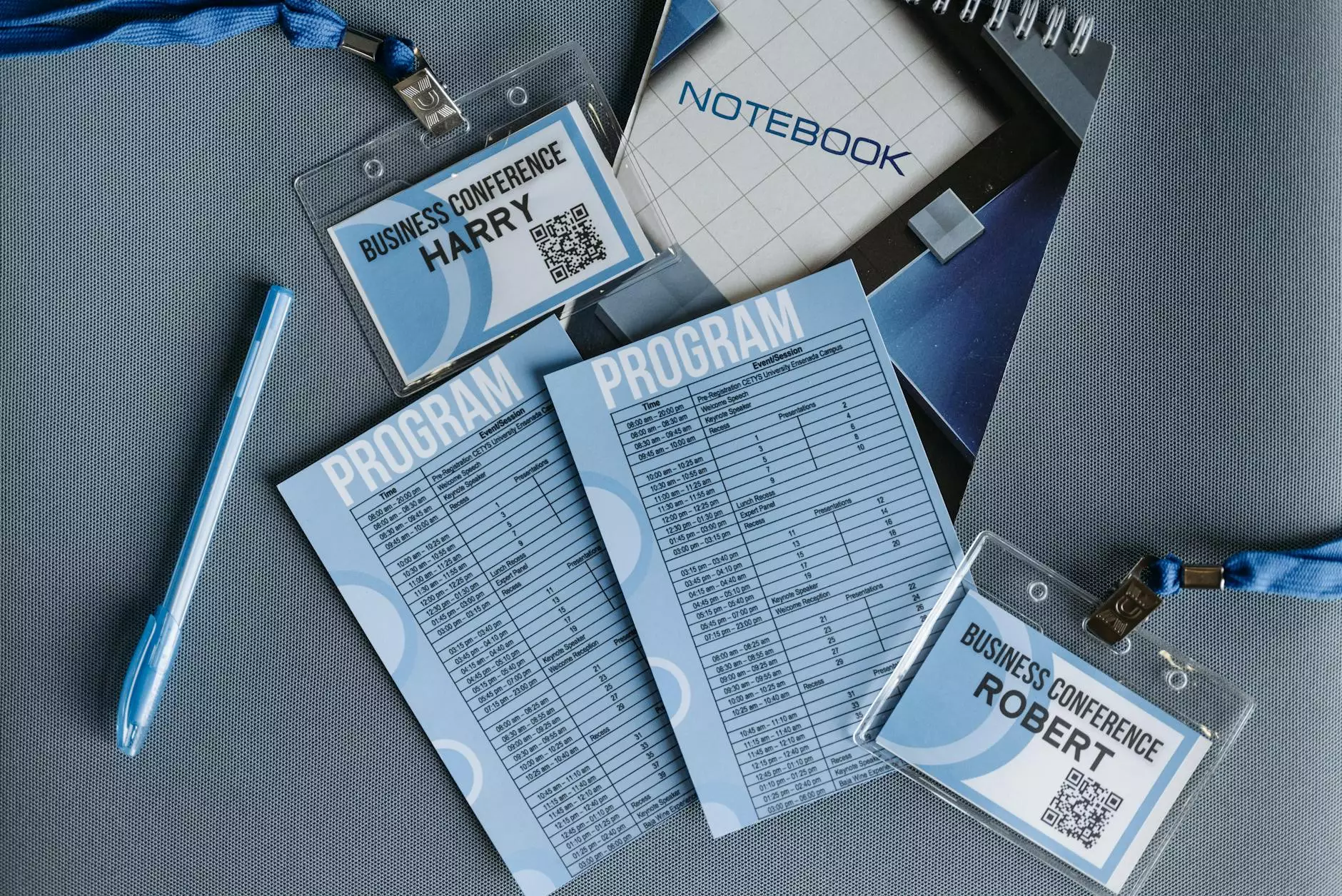Essential Skills Required for Android App Development

In today’s technology-driven world, the demand for mobile applications is at an all-time high. Android, as one of the leading mobile operating systems, has opened up vast opportunities for developers. To succeed in this dynamic field, one must possess a unique set of skills required for Android app development. This article gives a comprehensive overview of the essential skills needed to become a proficient Android developer, ensuring you have the knowledge to build high-quality applications.
1. Proficiency in Programming Languages
At the core of Android app development lies the necessity to master a few programming languages. The two primary languages are:
- Java: Traditionally, Java has been the official programming language for Android development. A deep understanding of Java's syntax, object-oriented programming principles, and Android SDK (Software Development Kit) is critical.
- Kotlin: In 2017, Google announced Kotlin as an official language for Android development. It is modern and expressive, allowing developers to write less code while achieving more. Familiarity with Kotlin's features like null safety, coroutines for asynchronous programming, and extension functions is invaluable.
Both languages are essential, but as industry trends shift towards Kotlin, aspiring developers should prioritize learning it.
2. Understanding Android Frameworks and Libraries
Utilizing frameworks and libraries simplifies the app development process by providing reusable components and functionalities. Key frameworks and libraries include:
- Android Jetpack: A set of components that help developers accelerate app development, including navigation, lifecycle management, and WorkManager for background processing.
- Retrofit: A powerful HTTP client for Android that makes it easy to consume APIs and handle network operations smoothly.
- Room Persistence Library: This library provides an abstraction layer over SQLite, allowing developers to write cleaner code while managing data in the application seamlessly.
Mastering these tools allows developers to build applications more efficiently and with fewer bugs.
3. Familiarity with Android Development Tools
Successful Android app developers must be proficient in using various development tools, namely:
- Android Studio: The official IDE (Integrated Development Environment) for Android development, offering code editing, debugging, and performance tooling.
- Gradle: A build automation tool that is an integral part of the Android development process, handling tasks like compiling resources and linking libraries.
- Android Emulator: A vital tool for testing applications on different devices. Knowing how to effectively use the emulator can drastically improve the app debugging process.
These tools enhance productivity and facilitate flawless application deployment.
4. Knowledge of UI/UX Design Principles
Creating an intuitive and appealing user interface (UI) is paramount in Android app development. Developers should possess a solid understanding of User Experience (UX) and User Interface (UI) design principles. Critical aspects include:
- Material Design: Google’s design language that emphasizes usability and aesthetics. Understanding its components can help in creating engaging and user-friendly applications.
- Responsive Design: Knowledge of how to make apps responsive across various screen sizes and orientations plays a significant role in user engagement.
- User-Centric Design: Developers should always consider how users will interact with their app, leading to better functionality and satisfaction.
Mastering UI/UX design principles can set your applications apart in a crowded marketplace.
5. Database Management Skills
Managing data efficiently is a crucial aspect of application development. Understanding how to work with databases is essential for providing seamless functionality. Key database technologies include:
- SQLite: A lightweight database that is a staple in mobile development. Knowing SQL (Structured Query Language) is a tremendous asset.
- Firebase: A Backend-as-a-Service (BaaS) that offers cloud-based data storage and real-time database capabilities. Understanding how to integrate Firebase can enhance application performance.
- Room Persistence Library: Ideal for managing local databases with ease, Room simplifies database access and increases code readability.
Competitive developers have a robust knowledge base in managing both local and remote databases.
6. Proficiency in API Integration
APIs (Application Programming Interfaces) are essential for connecting your app to web services and enabling functionality like user authentication, data retrieval, and more. Key skills in API integration include:
- RESTful APIs: Understanding REST principles allows developers to create efficient and scalable applications. The ability to work with JSON (JavaScript Object Notation) for data interchange is also necessary.
- Third-Party Libraries: Familiarity with libraries such as Retrofit and Volley for managing API calls helps streamline the development process.
Grasping how to integrate and consume APIs effectively is a critical skill in modern app development.
7. Debugging and Testing Skills
No application is flawless, making debugging and testing skills vital. Strategies to enhance these skills include:
- Unit Testing: Writing unit tests for your code ensures functionality and reliability. Familiarity with testing frameworks like JUnit is essential.
- UI Testing: Tools like Espresso and UI Automator help automate UI testing processes, ensuring smoother user interactions.
- Debugging Techniques: Mastering Android Studio's debugging tools can significantly reduce the time spent on identifying and fixing bugs.
Incorporating testing and debugging into your development workflow improves the quality and performance of applications.
8. Understanding of Multithreading and Concurrency
As applications become more complex, handling multiple operations simultaneously is crucial. Understanding multithreading and concurrency ensures smooth performance without UI freezes. Key concepts include:
- Threads and Handlers: Knowing how to manage threads and use handlers for communication between threads can improve application responsiveness.
- AsyncTask: Although now deprecated, understanding AsyncTasks can provide insight into handling background operations.
- Coroutines: Mastering Kotlin coroutines allows developers to write asynchronous code succinctly, enhancing performance without complication.
Effective management of multithreading leads to better user experiences and application performance.
9. Version Control Systems
Collaboration is key in software development. Familiarity with version control systems, especially Git, is essential. It allows developers to:
- Track changes made to the codebase over time.
- Collaborate with other developers effectively, maintaining a clean workflow.
- Manage branches for features and fixes without disrupting the main project.
Version control ensures that development teams can work simultaneously without conflicts, improving productivity.
10. Soft Skills and Teamwork
While technical skills are essential, soft skills play a significant role in a developer's success in the workplace. Important soft skills include:
- Communication: Effectively conveying ideas and collaborating with team members is crucial.
- Problem-Solving: Facing challenges with a positive attitude and creativity will drive innovation and lead to effective solutions.
- Time Management: Managing time effectively ensures projects stay on track and deadlines are met.
Developers who can balance technical expertise with soft skills are often the most successful in their careers.
Conclusion
Equipped with the right skills required for Android app development, aspiring developers can build innovative applications that meet user needs and create lasting impressions. As the technology landscape evolves, it’s crucial to keep updating your skillset and stay informed about industry trends.
Whether you are just starting your career in Android development or looking to expand your knowledge, honing these skills will pave the way for success. By understanding programming languages, app frameworks, design principles, and effective collaboration techniques, you position yourself as a competitive player in the vibrant field of mobile app development. Join the community of Android developers and contribute to shaping the future of mobile technology!









